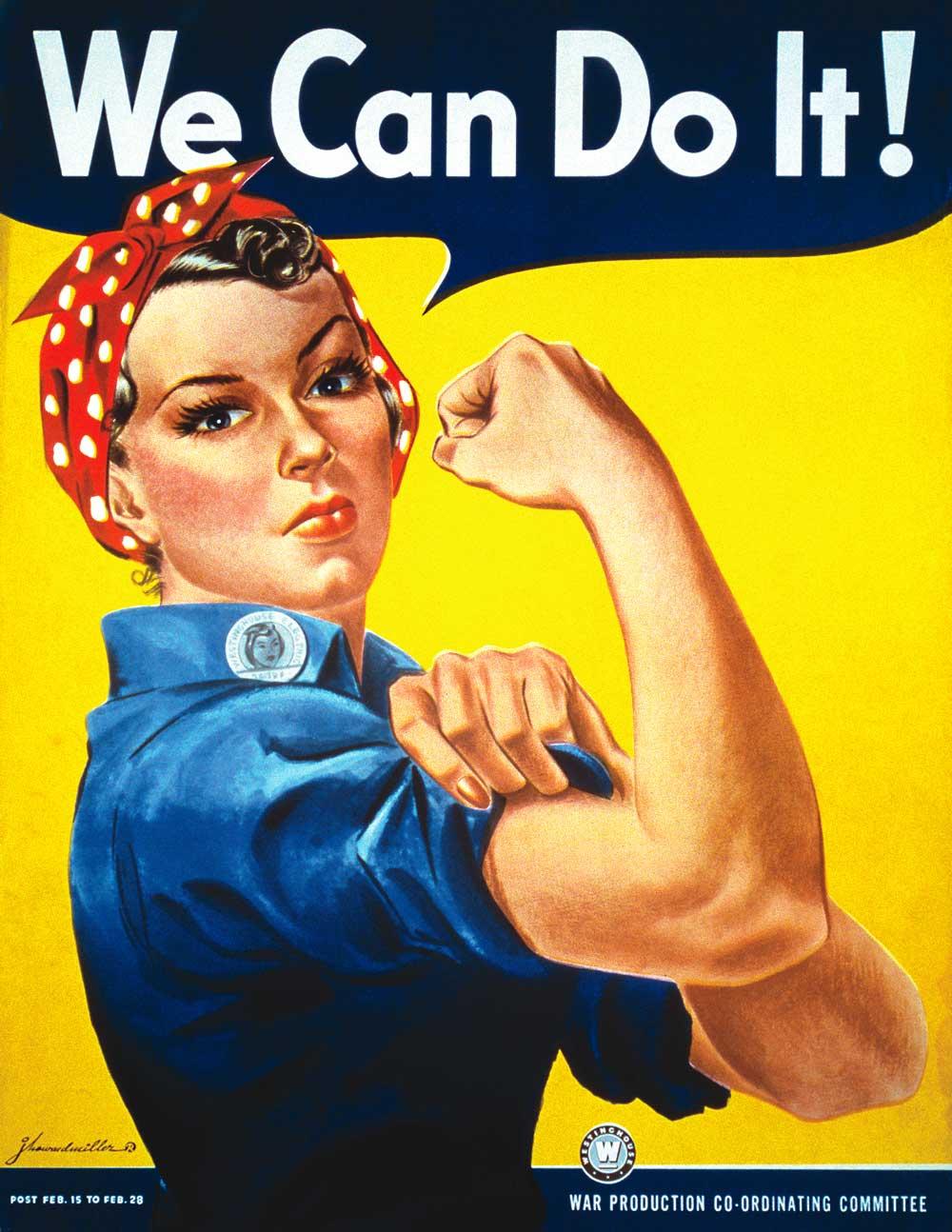Rethinking Gender and Human Rights in the Global Political Economy
archive

Rethinking Gender and Human Rights in the Global Political Economy
Globalization has required a change in our way of considering and teaching human rights, gender and justice. Gender equality had hardly begun at the national level when transnational developments called attention to the need to think about the condition of women on a global scale. The relationship between human rights and women’s equality has indeed assumed a place of prominence in the debates on globalization and international law, including universal human norms to guide the conduct of public life as well as private realms.1
Women’s organizations and human rights groups have frequently relied upon legal approaches and rights-based claims. Violence against women is now considered a proper subject for international human rights law. Indeed, the issue of human rights for women has moved to center stage of the United Nations in terms of programmatic, administrative, and methodological approaches to international relations. So too has the International Criminal Court included both substantive protections, procedural safeguards, and administrative structures that are gender-sensitive and designed to fully incorporate the needs of victims of and witnesses to gender-based crimes.
But it is more complicated, for this process is itself often a microcosm of the larger debate about globalization, specifically the degree to which old paradigms of colonialism are being recreated in the guise of global integration. The call for women’s equality, a summons to which all people of good will cannot but be sympathetic, must, nevertheless be received warily, to be examined for hidden agendas and ulterior motives. Transnational feminist human rights advocacy cannot yet be unhinged from nation, where one nation, the United States, so dominates global dynamics. Caution is warranted if the pursuit of objectives that envision women’s human rights is not as an end unto itself but a means by which to enhance U.S. global interests. To this end, this essay proposes the need for including a critical perspective in classroom debates and academic endeavors about the gendered imperative of human rights.
Certainly, advocacy efforts to develop gendered international legal standards, most often framed as human rights protections function positively in a number of ways. As a rhetorical matter, the appeal to globalized legal standards, particularly in the area of human rights, serves as a harbinger of change and messenger of modernity and progress. In these circumstances, rules regarding the treatment of women have, at the very least, symbolic value. But they may likely provide benefits beyond mere signaling for instrumental purposes. For example, in countries that ratify human rights treaties such as the Convention to End Discrimination Against Women (CEDAW), albeit without intentions to comply, CEDAW may still serve as a signpost of the government’s obligations about which women’s rights activists can make claims and raise issues both in domestic and international fora (Hathaway 2003).
Furthermore, by reframing the issue of women’s inequality as a global issue, it may be easier for activists to raise concerns that might otherwise be relegated to the background, or perhaps even abandoned, if such issues were to be articulated as a problem arising within the modern territorial state. For example, during times of political turmoil that threaten the stability of state regimes, when governments experience pressure, particularly in the form of external hostility, women may be reluctant to mount criticisms that target state practices. However, when these issues are expressed as global concerns, the tension between the need to critique internal state practices and the need to defend against external threats may be lessened.

While there is little doubt that women have benefitted by using the international human rights framework to seek and obtain equality and justice, it is also true that the efforts to harness such norms on behalf of women’s equality often acts in tandem with a different set of concerns and may serve as intellectual currency to advance U.S. political interests, defined in terms of power, and its ideological purpose of global economic liberalization.
The United States has invoked the circumstances of women as a pretext for humanitarian intervention, often with devastating consequences. During the period of the end of the nineteenth century and the beginning of the twentieth century, advocates of U.S. expansionism justified military intervention in the Pacific and the Caribbean by appealing to the need to save, uplift, and civilize the women of the region (Hoganson 1998; Renda 2001; Merry 2000).
Intervention and occupation, it was claimed, would be the means by which to deliver the goods of human rights, particularly in the form of the rule of law. Despite the inflammatory rhetoric used to describe the condition of women in order to promote intervention in the Caribbean and Pacific, these new legal measures were not designed to improve the circumstances for women. Cuban women found themselves restricted in family arrangements and ownership and control of property (Stoner 1991; Ibarra 1998). Once under U.S. influence, the doctrine of coverture was introduced in Hawai’i, effectively eliminating once powerful and active women from political participation (Merry 1998). For many women, humanitarian intervention was experienced as rape and sexual harassment.
Concern for human rights continues today to function as a master narrative of U.S. imperial tendencies. As historian Emily Rosenberg notes, at the end of the twentieth century, public commentators and scholars promoted America’s Empire as capable of delivering a host of public goods including freedom and democracy and the uplift of women (Rosenberg 2006). The same missionary discourse that originated with saving women in the nineteenth century continues to play out in stereotyping and ongoing concerns about veils, polygamy, and women’s seclusion despite Arab feminist resistance to such formulaic depictions (Saunders 2002; Abu-Lughod 2002). The current use of the condition of women in Afghanistan as an illustration of the need for intervention is thus, not without historical antecedents, presented in its current form as a product of a historical trend.
Concern for human rights continues today to function as a master narrative of U.S. imperial tendencies.
Moreover, human rights have been largely defined as individual political rights. Rights pertaining to economic and social justice have been relegated to lesser considerations. Others have described human rights initiatives targeted at women’s equality as a form of instrumental feminism that supports women’s rights as a means to enhance the development of market economies (Bessis 2004, Orford 2000). Women are the new component of the globalized work force moving across international borders. Gender inequality in the form of obstacles that prevent their free movement by which they enter the low-paid workforce are inimical to the interests of transnational corporations that rely on cheap female labor.
The current focus on human rights related to violence against women assumes, paradigmatically, the duty of the state to enforce standards and indeed, the obligation to punish offenders. In a review of one study of one hundred eighty-five CEDAW reports, the most frequently noted human rights reform pertaining to gender equality was the enhancement of criminal penalties (Goldscheid, 2006). Many of these reforms were modeled after legal developments in the United States, although such criminal intervention models may poorly serve women for a number of reasons. State interference in the private realms of family or within local communities where gender-based human rights violations may occur is problematic in many settings, particularly where the state often poses as great a threat to human rights as do individual or local violators. Criminal justice remedies may have little transference value in cultures where punishment for purposes of deterrence or retribution is not the norm. Moreover, invoking state enforcement mechanisms in circumstances where economic and social justice issues are background considerations not only reduces the opportunity to eliminate human suffering, but may encourage the arbitrary exercise of power.
The benefits of the human rights discourse on behalf of global equality for women cannot be denied. However, it is not a straightforward endeavor. Put differently, to what extent must we question with our students and in our research whether the historical misuse of human rights create the very problems that the interveners claim they are seeking to interrupt?
1 This entry is abstracted from Deborah M. Weissman, Gender and Human Rights: Between Morals and Politics in Gender Equality: Dimensions of Women’s Equal Citizenship (Linda C. McClain & Joanna L. Grossman, eds. 2009).
Abu-Lughod, Lila, Do Muslim Women Really Need Saving? Anthropological Reflections on Cultural Relativism and Its Others, 104 Am. Anthropologist 783 (2002)
Bessis, Sophie, International Organizations and Gender: New Paradigms and Old Habits, 29 Signs 633 (2004)
Goldscheid, Julie, Domestic and Sexual Violence as Sex Discrimination: Comparing American and International Approaches, 28 T. Jefferson L. Rev. 355(2006)
Hathaway, Oona, Do Human Rights Treaties Make a Difference? 111 Yale L. J. 1935 (2003)
Hoganson, Kristin L., Fighting for American Manhood (1998)
Ibarra, Jorge, Prologue to Revolution (1998)
Merry Sally Engle, Law, Culture and Cultural Appropriation, 10 Yale J. L. and Human. 575(1998)
Merry Sally Engle, Colonizing Hawai’i: The Cultural Power of Law (2000)
Orford, Anne, The Subject of Globalization: Economics, Identity and Human Rights, 94 Am. Soc’y Int’l L. Proc. 146(2000)
Renda, Mary A. Taking Haiti (2001)
Rosenberg, Emily S. Bursting America’s Imperial Bubble, 53 Chronicle of Higher Education 63 (Nov 13, 2006)
Saunders, Kriemhild, Introduction in Feminist Post-Development Thought, (Kriemhild Saunders, ed. 2002)
Stoner, K. Lynn, From the House to the Streets (1991)



